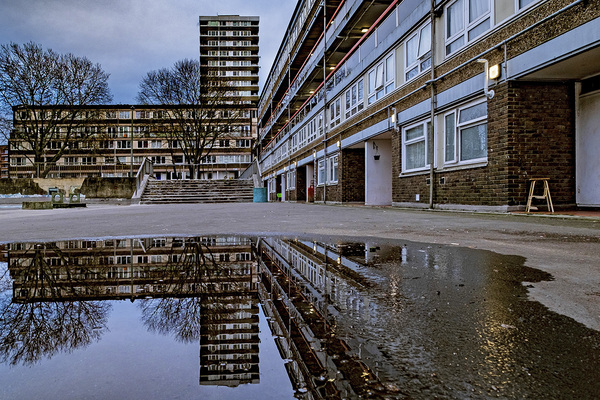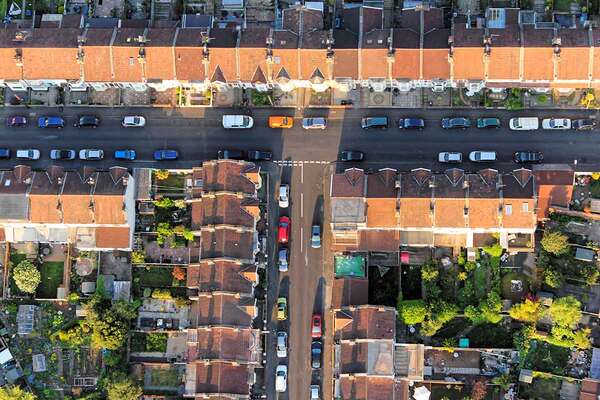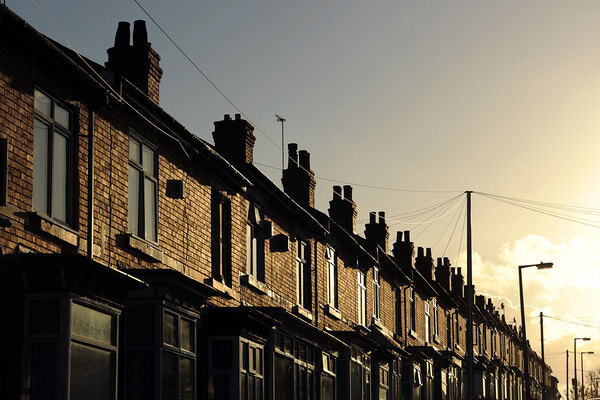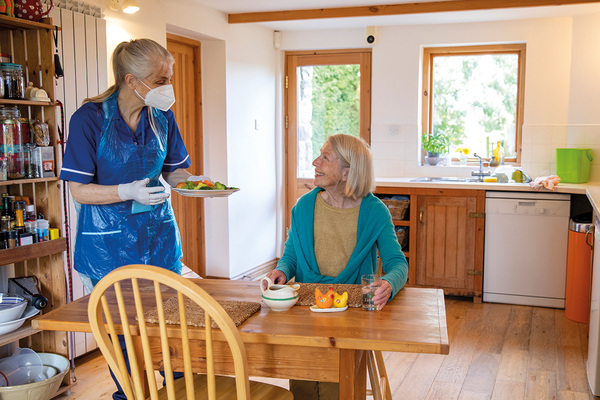Some exempt accommodation providers ‘falsifying information’ to secure public money, says leaked government report
Exempt accommodation providers are “falsifying information” and “disguising profits” made in a bid to charge extortionately high rental rates, a leaked government report looking into the issue has found.
The report obtained by Inside Housing found that councils had raised the issue of “providers of concern” which were found to be trying to take advantage of the housing benefit system by misleading local authorities about the nature of their business.
The details are from a government-commissioned report assessing the five pilots aimed at improving the quality of supported housing for residents and ensuring that providers are providing the right level of support. The pilots were based in exempt accommodation hotspots: Birmingham, Bristol, Blackburn, Blackpool and Hull.
Read our analysis of the report here
Exempt accommodation is often used as a means of housing those with very few other options, such as prison leavers, rough sleepers, refugees and migrants, and those experiencing substance misuse issues.
Because such landlords provide loosely defined care and support services, their tenants can be exempt from housing benefit caps and associations can charge much higher rents than regular landlords.
In many cases, it offers housing and support for those most in need, but there have been widespread issues with some providers, with accusations that unscrupulous landlords are using the system to secure profits without supporting tenants. It can be provided by housing associations, which often subcontract the housing and care and support to managing agents, while taking on small management fees. The other model sees community interest companies or charities providing the accommodation.
In the draft report, which is dated 8 November, the author states that “providers of concern” dominated conversations with all of the pilot councils, with the report describing these as often “uncooperative on property inspections” and “unresponsive to requests for proof of support notices”.
“These providers might purposefully falsify information or attempt to disguise profits in order to substantiate specified claims or charge extortionately high rents,” the report said.
Under the rules of exempt accommodation, providers cannot access the higher uncapped benefit rate if they are a for-profit provider.
It said they were often perceived as taking advantage of the system using loopholes or vague definitions within the current legislation, adding that when they were challenged by councils they tended to invest substantial amounts in legal or consultancy support in response.
The pilots across the four councils began in late 2019 and saw each one received funding to better resource teams to inspect exempt and supported housing properties, as well as bring greater scrutiny over exempt providers.
Birmingham is the area with the highest number of exempt accommodation properties, with more than 22,000 claimants in the city. During its pilot work, it aimed at increasing the number of inspections, improving its assessment of exempt accommodation claims and tackling the serious organised crime.
Under the pilot, the council brought in more scrutiny to providers attempting to enter the sector. Over the period, 390 new providers attempted to register, with only 62 granted housing benefit, while 211 were outright refused, and the remaining 117 had their rents restricted.
A consistent response by those local authorities carrying out the pilots was a call for greater regulation in the sector. The report said that unclear and absent regulation proved a “barrier to councils” as it meant that providers were “legally and practically unaccountable”.
They also raised questions on how much support was required to be able to claim for the higher level of housing benefit. Under regulations, exempt accommodation providers are required to provide a “trifling” or “more than minimal” level of support.
The councils involved said that there needed to be a clear definition on what “more than minimal” support means, which would give them more powers to reject exempt claims if a provider didn’t meet the standards.
A DLUHC spokesperson said: “We do not comment on leaks. We are clear that this issue in the sector must be addressed, and we are determined to continue to work with councils to drive out rogue landlords so vulnerable people can access the accommodation and support they deserve.
“We are currently reviewing the findings from these pilots to determine next steps and will publish the final report soon.”
Sign up for our daily newsletter
Already have an account? Click here to manage your newsletters
Sign up for our care and support bulletin
Already have an account? Click here to manage your newsletters













